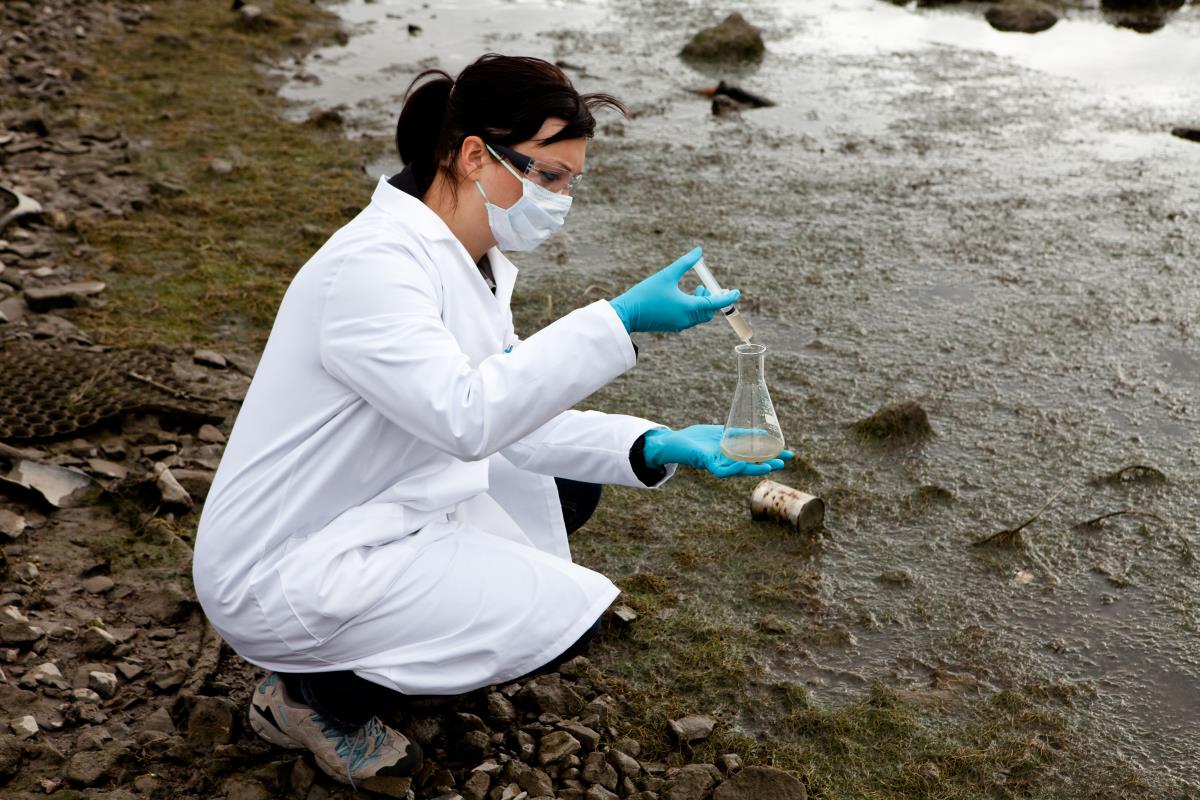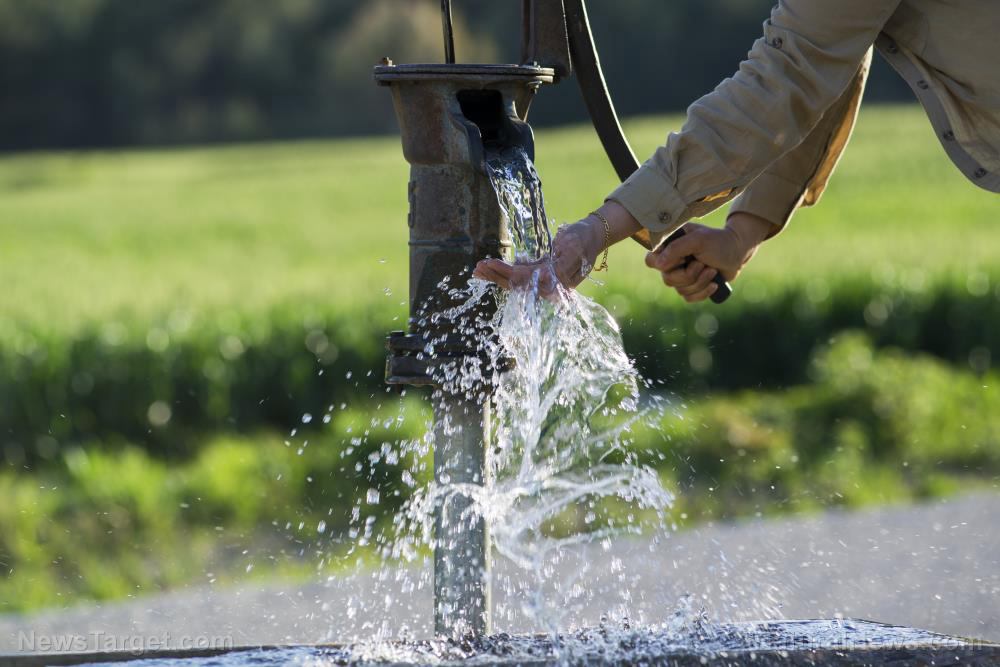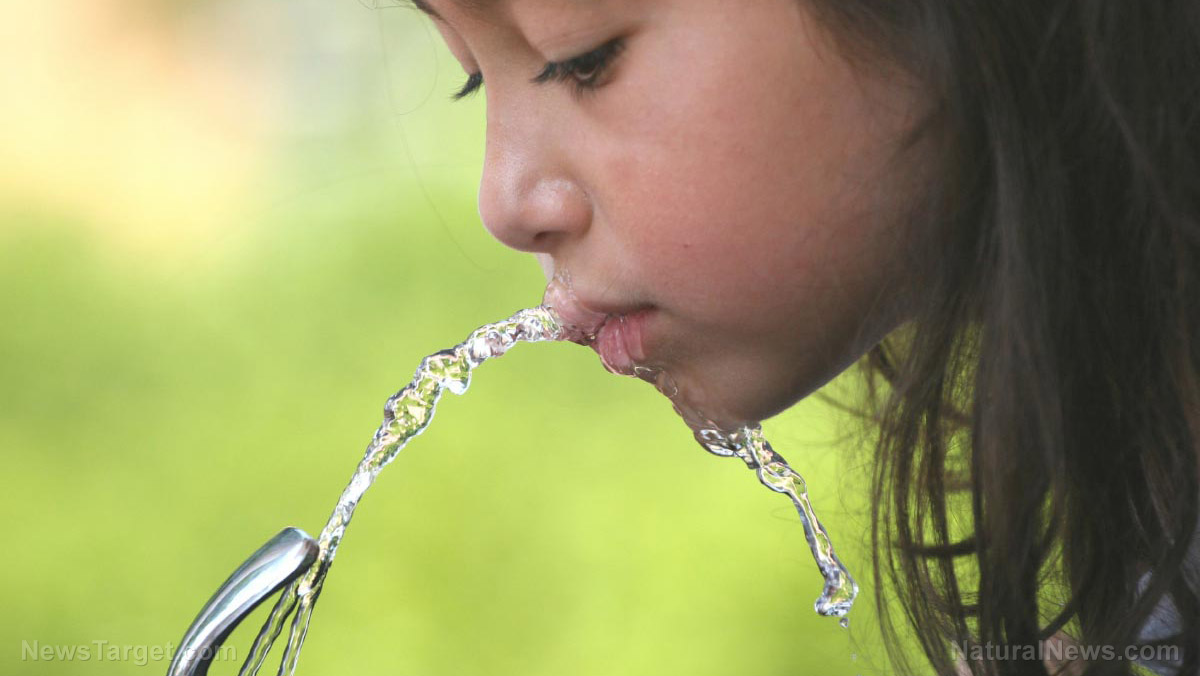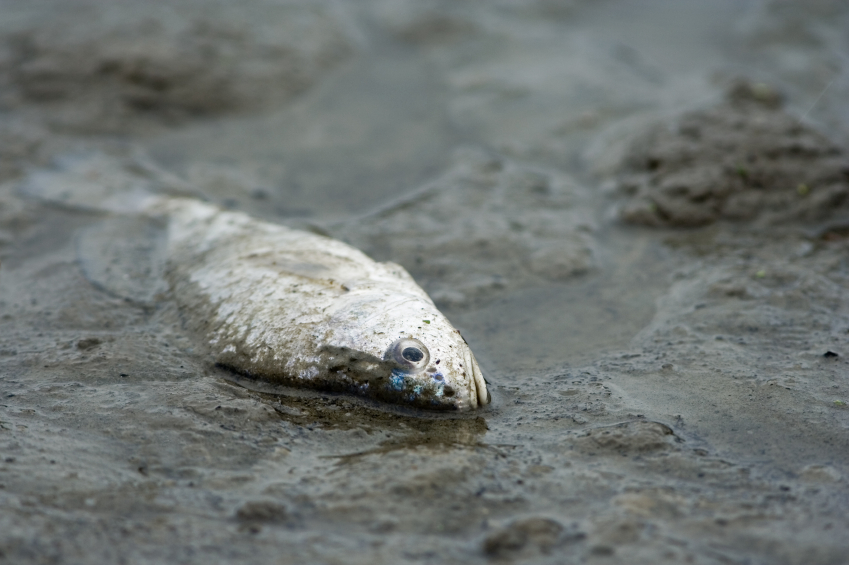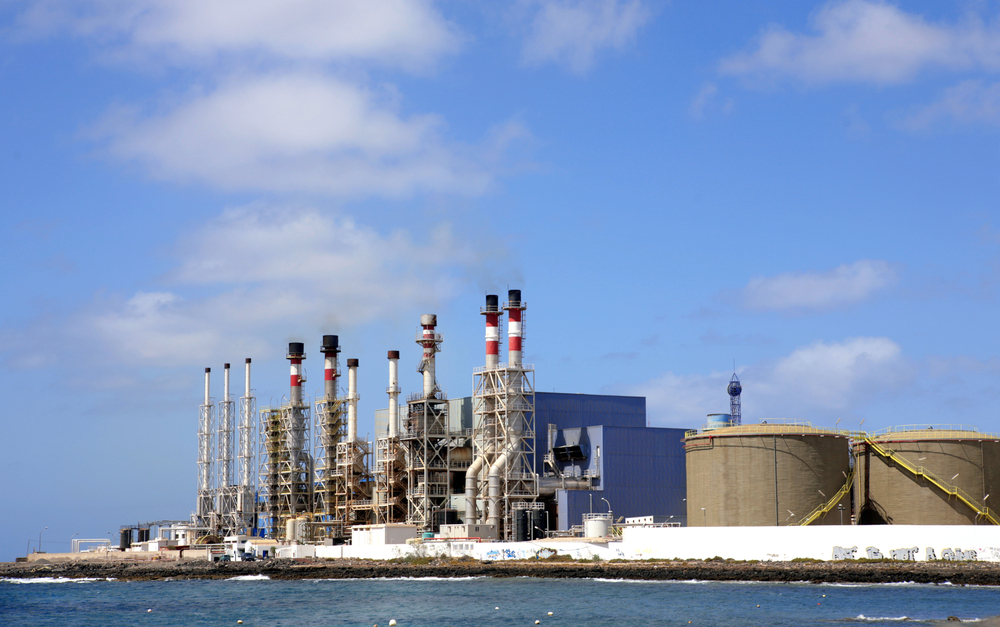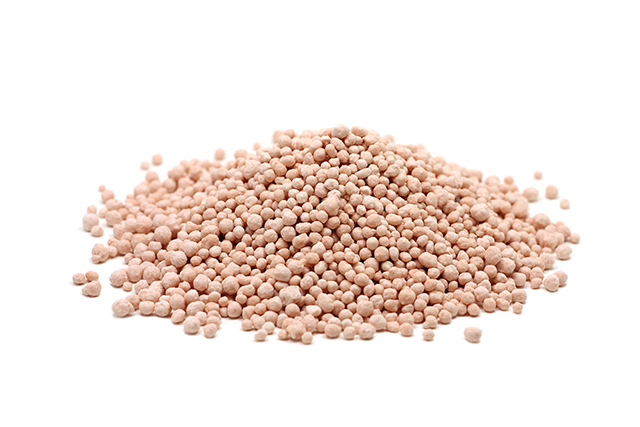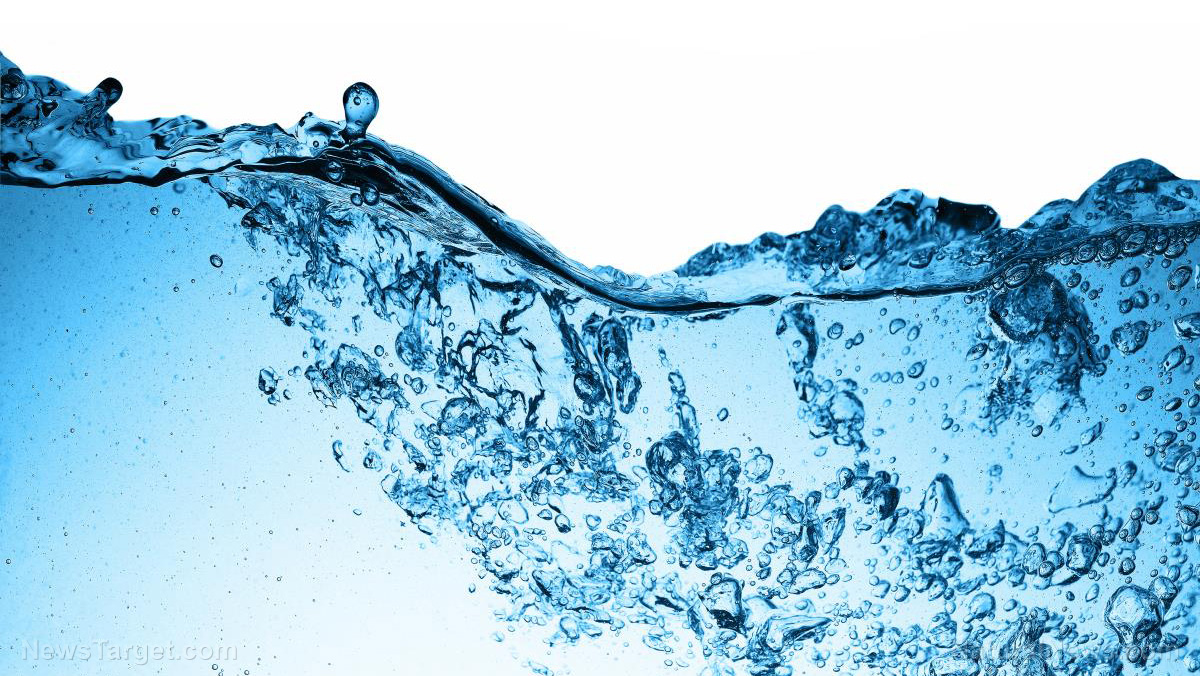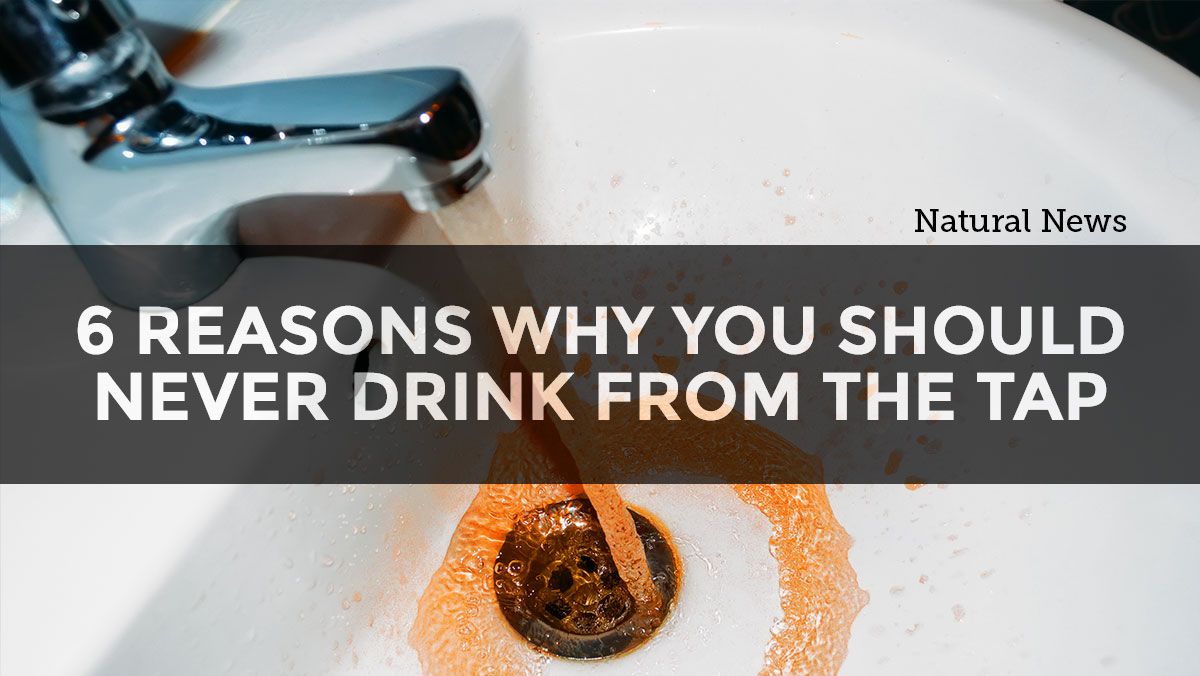The top 10 most shocking POLLUTION stories of 2019
12/17/2019 / By Isabelle Z.

2019 was another tough year for our planet, with a lot more bad news than good news. Here’s a look at some of the most eye-opening environmental stories we reported at Natural News this year.
Water filter glyphosate removal lab test results released by Natural News – see the full video here?
When CWC Labs tested a series of popular water filters to see how good they are at removing glyphosate from water, the results were a pleasant surprise. Several types of countertop pitchers, countertop gravity filters, and sports bottles performed quite well, with one countertop filter and two large countertop gravity filters actually removing 100 percent of the glyphosate. Of course, the tragedy here is the fact that we even have to test our water for this chemical, but it’s become so prevalent and dangerous that it would be foolish not to.
EPA giving oil companies the OK to dump fracking chemicals into Gulf of Mexico
The EPA inexplicably decided this spring that it would continue to allow oil and gas companies to dump wastewater and fracking chemicals directly into the Gulf of Mexico. Apparently, the negative impact this has on the quality of the water and the health of the marine animals living there doesn’t concern them. Although these companies do have to ensure no oil is in the wastewater and that it meets a set of toxicity standards, the water is only required to be tested a few times per year, which means the results can be easily manipulated.
Glyphosate warnings go mainstream as the dangerous truth about this toxic herbicide can no longer be denied
Everything Natural News has been reporting for years about glyphosate is finally starting to go mainstream. Despite Monsanto’s media influence campaigns and journalist bribes, outlets like Bloomberg are finally admitting it’s toxic. Of course, they can no longer deny the truth in the wake of the outcome of a California lawsuit where a jury found Monsanto responsible for man’s cancer and awarded him $290 million (later lowered to $79 million). Sadly, there’s quite a lot of it in our food supply.
Whole Foods selling bottled water contaminated with dangerous levels of arsenic?
In April, we shared the shocking news that bottled water sold at Whole Foods might be just as bad as your tap water, with a Consumer Reports investigation finding that Whole Foods’ Starkey Water, which is marketed as being in its “natural state,” was actually right at the federal limit for toxic arsenic at around 10.1 parts per billion. To add insult to injury, Whole Foods refused to do something about it, claiming their own tests showed the water met FDA standards.
GMOs are killing us: Facts you probably don’t know
In a June report, we explained how GMOs are killing people and presented some sobering facts that illustrate just how harmful they are. For example, they are sprayed with toxic herbicides like Roundup, their long-term safety is completely unknown, and they don’t even improve drought tolerance, nutrition content or crop yields.
Don’t drink the water: Study warns that bottled water may contain toxic microplastics
Many bottled water products from today’s biggest brands were found in tests to contain microplastic contamination, with some of them containing more than 10,000 particles per liter of water. The amounts varied, but only a few of them were completely free of microplastics. Check out the article to see if your favorite brand was one of them.
ALERT: Neonic pesticides in tap water react with chlorine to create hazardous chemicals that are 300 times more toxic
Neonicotinoid pesticides are bad news under the best of circumstances, but scientists discovered that when you mix them with chlorine – like what happens in the water treatment processes used for tap water – their toxicity increases quite dramatically. That’s on top of poisoning the fruits and vegetables they are sprayed on.
Top 8 places you’ll find DEADLY PESTICIDES in your food, beverages, medicine and personal care products that you never even thought about before: Part II
It’s a story you might not want to read, but you should definitely know about all the places you can find deadly pesticides lurking – and it’s not just on conventional produce. You can also find them in vaccines, bottled water, bleached white foods like bread and flour, and GMOs.
What’s the environmental impact of Impossible Foods GMO burgers, made with genetically modified soy that’s sprayed with glyphosate weed killer?
A healthier alternative to hamburgers sounds great on the surface, but the new fake meat “Impossible Burger” is horrible for your health as well as the environment. It’s made using GMO soybeans, a crop that sees millions of gallons of glyphosate dumped throughout our nation that harm animals and pollute the water, soil and air.
The big electric vehicle LIE: Electric cars are not “zero emissions,” and their ecological impact is actually dirtier than diesel trucks
A report from German scientists found that electric cars aren’t quite as clean as people think, with their carbon footprint actually being worse than many diesel-powered cars because of the way they are manufactured.
While we hope to see fewer upsetting environmental stories in 2020, there’s a good chance this trend will continue until more is done about problems like fracking and glyphosate use.
Sources for this article include:
Tagged Under: arsenic, Bottled Water, disease causes, Ecology, enivornment, environ, fracking, glyphosate, GMOs, microplastics, Monsanto, water
RECENT NEWS & ARTICLES
COPYRIGHT © 2017 WATER WARS NEWS

